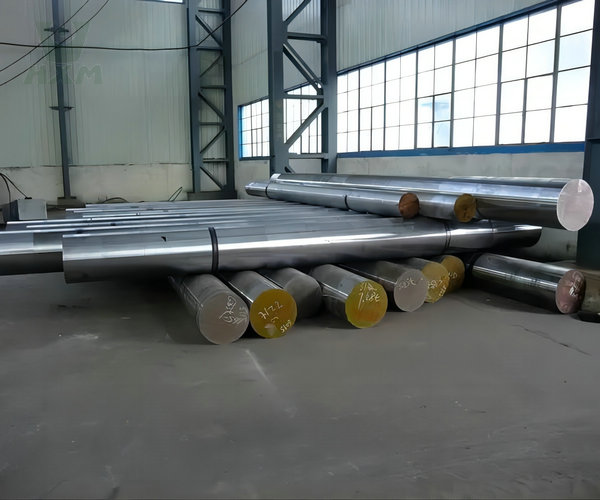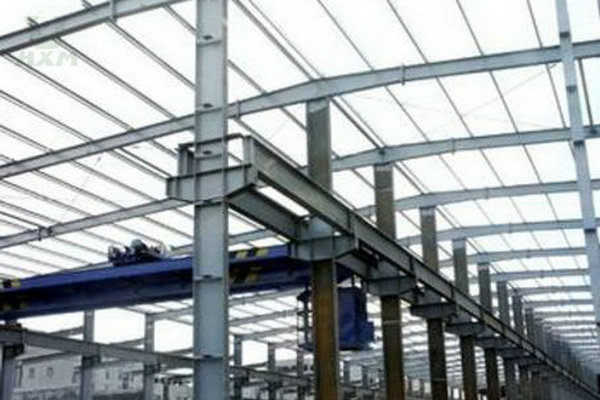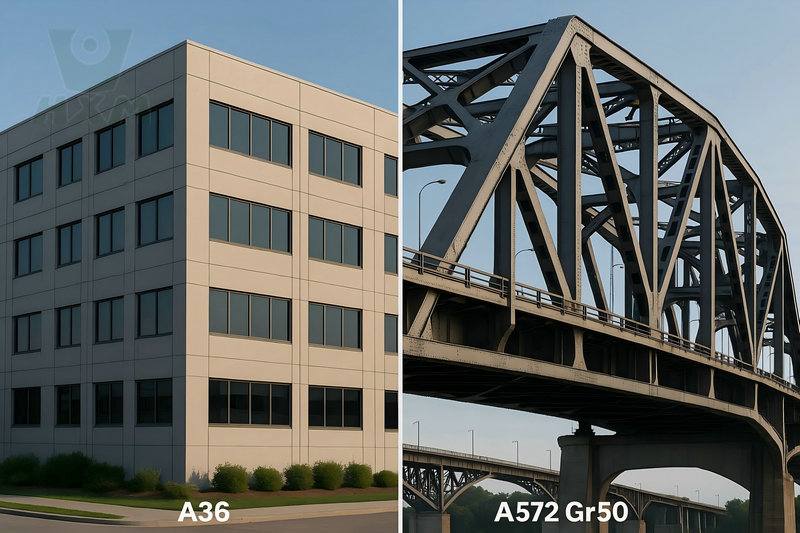6061-T6 aluminum bar is a high-strength aluminum alloy widely used in many fields. This article will delve into its features, uses, and importance in different industries.

1. Basic Introduction to 6061-T6 Aluminum Bar:
6061-T6 aluminum alloy is a heat-treated strengthened aluminum alloy known for its excellent strength and corrosion resistance. An aluminum bar is a form of this alloy whose T6 condition indicates that it has undergone a heat treatment process to achieve its highest strength.
2. Features and Performance:
- High Strength: The 6061-T6 aluminum bar has excellent tensile strength, making it ideal for numerous engineering applications.
- Corrosion resistance: The natural oxide layer of aluminum gives 6061-T6 alloy good corrosion resistance and is suitable for a variety of environments.
- Lightweight: Compared to other metals, aluminum’s lightweight properties provide more design flexibility for various industries.
3. Application Areas:
6061-T6 aluminum body is widely used in aerospace, automobile manufacturing, construction engineering, sports equipment, and other fields. Its superior strength and lightweight properties make it one of the materials of choice for designers and engineers.
4. Manufacturing Process:
The manufacturing process of 6061-T6 aluminum bars is a complex and precise process, which involves heat treatment steps and mechanical processing. The following is a detailed expansion of the alloy manufacturing process:
4.1 Heat Treatment Steps:
6061-T6 aluminum alloy undergoes heat treatment during the manufacturing process. This is to increase its strength and hardness. The heat treatment step involves heating the aluminum rod to high temperatures, typically in the range of 500°C to 600°C, and then controlling the cooling rate to achieve a solid solution and recrystallization of the alloy. The key to this step is to rearrange the crystal structure of the aluminum alloy through appropriate temperature and time control, thereby enhancing its mechanical properties.
4.2 Mechanical Processing Process:
After heat treatment, the 6061-T6 aluminum bar enters the machining stage to achieve the final specifications and shape. This stage involves multiple steps:
- Forging: Aluminum rods may undergo a forging process, which improves its crystal structure by applying pressure and changes in shape, further increasing its strength.
- Extrusion: 6061-T6 aluminum alloy is also often put through an extrusion process, where the blank is squeezed into the desired shape through a specific die, which helps improve its density and mechanical properties.
- Stretching: Aluminum bars may undergo a stretching process that gives them greater strength in specific directions. This processing method helps to adjust the crystal structure of the aluminum alloy and increases its fatigue resistance.
4.3 Surface Treatment:
After manufacturing, 6061-T6 aluminum bars may require surface treatment to meet the requirements of different applications. This may include anodizing to create a corrosion-resistant oxide layer or coating to increase surface hardness and aesthetics.
4.4 Quality Control:
Quality control is an integral part of the entire manufacturing process. By using advanced testing equipment and technology, manufacturers can ensure that each aluminum rod meets strict specifications and standards. This includes precise measurement and monitoring of size, shape, chemical composition, and mechanical properties.
By having an in-depth understanding of the manufacturing process of the 6061-T6 aluminum bar, users can better understand its high-performance characteristics and provide a basis for its successful use in different applications. This meticulous manufacturing process provides a solid foundation to ensure the reliability and stability of 6061-T6 aluminum bars.
5. Comparison of 6061-T6 with Other Aluminum Alloys:
As a widely used aluminum alloy, 6061-T6 aluminum alloy has unique characteristics compared with other aluminum alloys. Below is a comparison with some common aluminum alloys, highlighting the advantages and applicability of 6061-T6 aluminum alloy:
5.1 Comparison with 6063 Aluminum Alloy:
Strength: 6061-T6 alloy generally has higher strength than 6063 alloys, making it more suitable for applications requiring higher tensile strength.
Processability: 6063 alloy is easier to form when heat treated, while 6061-T6 alloy gains higher hardness through heat treatment and therefore may be more desirable where higher strength is required.
Corrosion resistance: Because 6061-T6 alloy contains copper and other elements, it has better corrosion resistance than 6063 alloys.
5.2 Comparison with 7075 Aluminum Alloy:
Strength: 7075 aluminum alloy is a high-strength aluminum alloy, but it is also denser and heavier. In terms of lightweight design, 6061-T6 alloy may be more suitable.
Fatigue resistance: 7075 alloy has better fatigue resistance under high strength conditions and is suitable for some applications that require extremely high strength and durability.
Cost: Relative to 7075 alloy, 6061-T6 alloy is generally more affordable, providing a balance of performance and cost.
5.3 Comparison with 2024 Aluminum Alloy:
Corrosion resistance: 6061-T6 alloy has better corrosion resistance than 2024 alloy, which makes it more suitable in environments that require higher corrosion resistance.
Processability: 2024 alloy is generally difficult to process after heat treatment, while 6061-T6 alloy maintains relatively good processability after heat treatment.
Application fields: 2024 alloy is often used in the aviation field, while 6061-T6 alloy is widely used in aviation, automobiles, construction, and other fields.
By comparing it with other aluminum alloys, we can have a clearer understanding of the advantages and applicability of 6061-T6 aluminum alloy. This comprehensive comparison helps develop optimal materials selection strategies to ensure optimal performance and economics in a specific application.
6. In Conclusion:
6061-T6 aluminum bar is a versatile material whose excellent properties make it widely used in many industries. Through this article, readers will gain a deeper understanding of the superior properties of this aluminum alloy and how it functions in a variety of applications.







